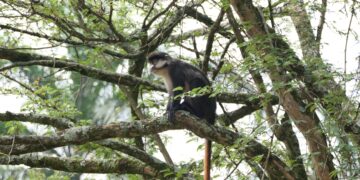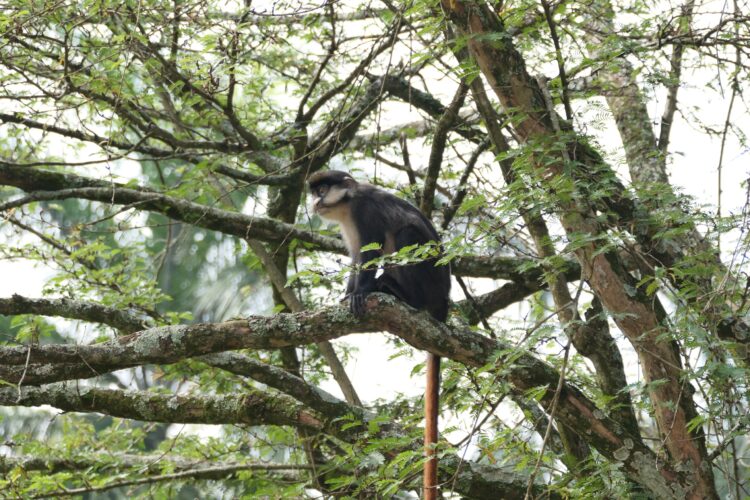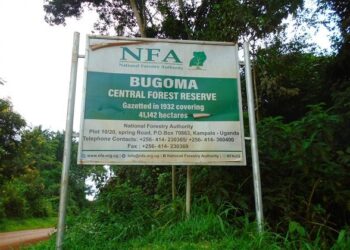OPINION
Uganda is set to celebrate the World Nature Conservation Day on July 28th 2025. The day raises awareness about the importance of preserving the planet’s natural resources and biodiversity. It emphasizes the need for sustainable practices, conservation efforts and environmental protection to ensure a healthy and thriving planet for future generations.
As Uganda continues to develop its tourism industry, it is essential to prioritize the conservation of its incredible wildlife and national parks. These natural wonders not only attract tourists but also support the country’s ecosystem and local communities. The Ugandan government allocated 430 billion shillings in the 2025/2026 budget to revitalize the tourism sector. Tourism contributes 3.2% to the country’s GDP which translates to UGX 6.06 trillion. The sector supports over 803,000 jobs, representing 7.2 % of total employment. The sectors’s growth with international tourist arrivals increasing by 7.7% to 1,371,895 visitors in 2024 and earnings rising by 25.9% to USD 1.28 billion
The relevance of conserving the wildlife and national parks is broad basing on the following various aspects, Uganda’s national parks are home to a diverse range of wild life, including iconic species like mountain gorillas, lions and elephants. The national parks provide essential ecosystem services such as clean water, air, and soil conservation which supports agriculture and human welfare. Sustainable tourism can generate significant revenue for local communities and national economy, creating jobs and stimulating economic growth.
However, the conservation of the wildlife, national parks and forests comes along with some challenges; For example in Murchison Falls National Park faces encroachment from Human-wildlife conflict due to settlements and farming, poaching and habitat loss, infrastructure development and agriculture .The Bugoma Forest Reserve has been affected by; Degradation due to widespread charcoal burning and logging. The Hoima Sugar Company has cleared the forest land for sugarcane production. Human and urban development are encroaching on the forest leading to chimpanzee habitat loss and fragmentation. There are threats of poaching and also illegal harvesting of local herbs.
A call to action is extended to the government of Uganda to play a crucial role in conserving the country’s wildlife and national parks; The government should avail sufficient funds to conservation agencies like Uganda Wildlife Authority so as to enable them to effectively manage and protect wildlife, national parks and forest reserves against poaching and degradation. The funds can also be used to support anti-poaching patrols and habitat restoration. The government can also collaborate with local communities to develop sustainable livelihoods in alignment with conservation of natural habitats so as to prevent encroachment.
Prioritizing the conservation wildlife and national parks can ensure the long-term sustainability of the support of local communities, and overall sustainability of the tourism industry and protection of the country’s incredible natural heritage.
By Namulinda Claire Ojiambo,
Email: clairenamulinda@gmail.com








































